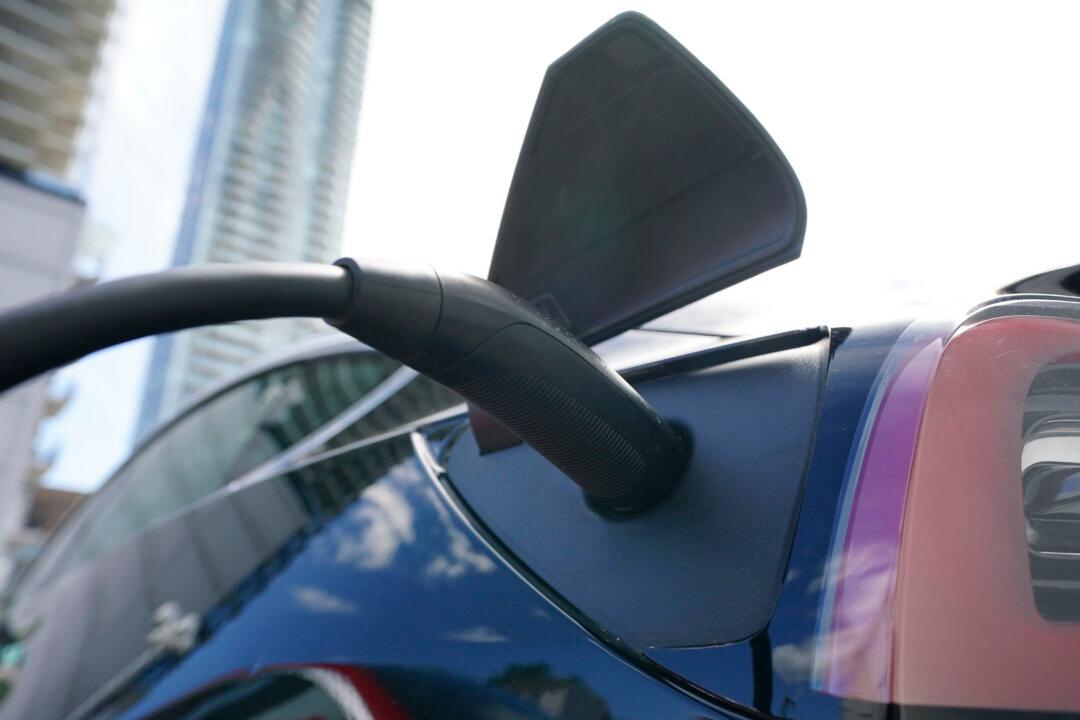Auto industry leaders are calling for increased government subsidies to meet the federal mandate for electric vehicle (EV) sales, citing costs that exceed twice Canada’s annual defence budget.
“An unprecedented national effort to build charging infrastructure, expand the electricity grid, increase clean electricity production, and help more Canadians switch to electric is urgently required,” said Brian Kingston, president and CEO of the Canadian Vehicle Manufacturers Association.





